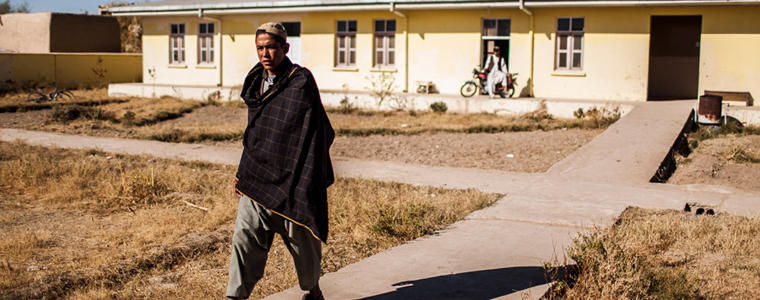Afghanistan's Economic Transition
Issues and Prospects in Light of the World Bank's Transition Study
Afghanistan's current transition - involving drawdown of international combat troops and hand-over of security responsibilities to Afghan security forces as well as reductions in international aid - is now well into its second year. Along with the security and political dimensions (including the next cycle of presidential and parliamentary elections in 2014 and 2015, respectively), the economic transition is an important factor influencing the success of the overall transition process.

The recent publication of the World Bank's study "Transition in Afghanistan: Looking Beyond 2014" provides an opportunity to review progress, consider key issues, and assess prospects. This event, after a brief presentation and discussants' comments, intended to generate an open and frank discussion on economic transition issues and policy options.
Speakers
- William Byrd, Discussant
Senior Afghanistan Expert, U.S. Institute of Peace - Borany Penh, Discussant
Senior Economic Advisor, U.S. Agency for International Development - Fatema Sumar, Discussant
Senior Professional Staff Member, Senate Foreign Relations Committee - Robert Saum, Moderator
Country Director for Afghanistan and Bhutan, World Bank



